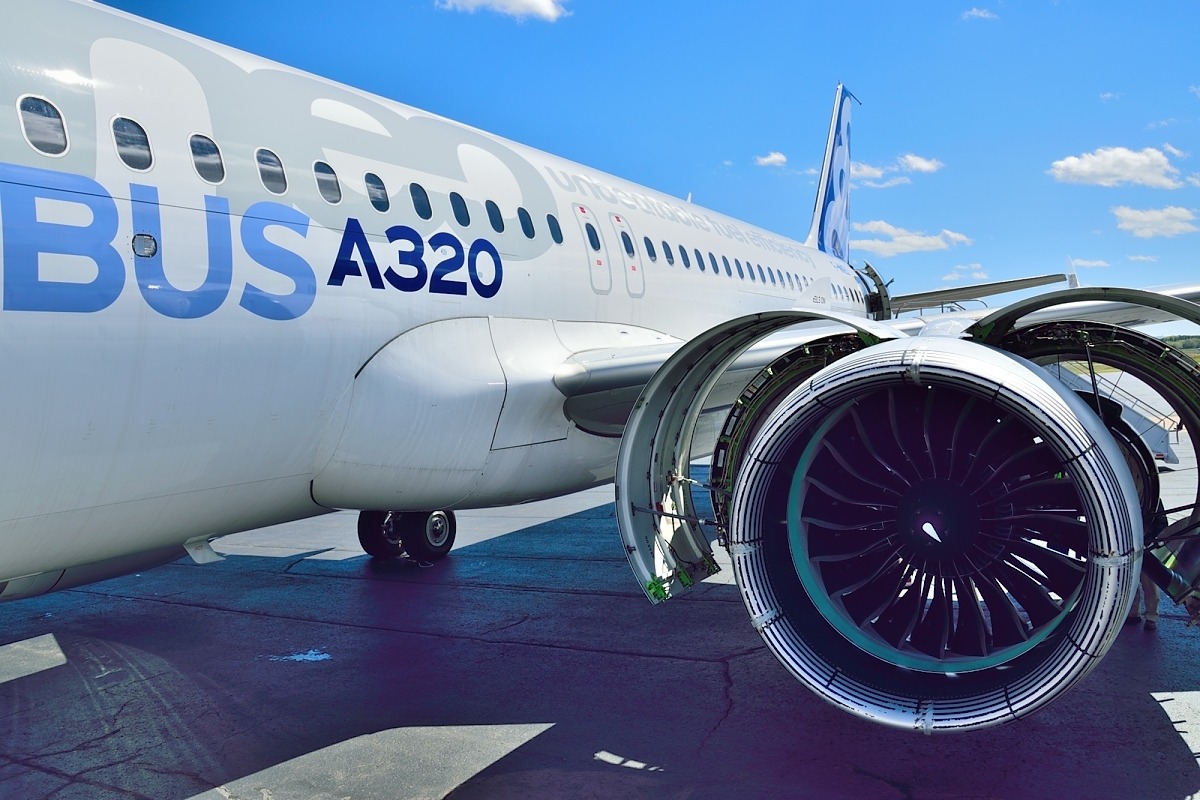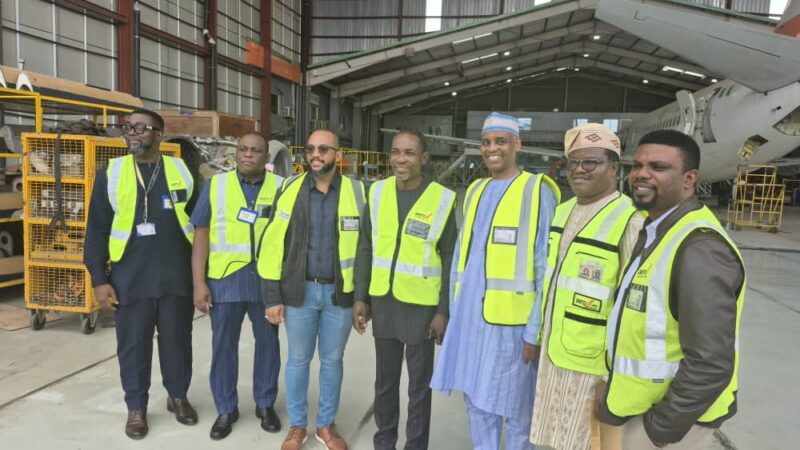Airbus Topples Boeing’s Record as A320 Becomes World’s Most-Delivered Jetliner

European planemaker Airbus has surpassed its long-time American rival Boeing, with the A320 family now recognised as the most-delivered jetliner in history.
The record-breaking achievement came after the delivery of an A320neo aircraft to Saudi Arabian budget carrier Flynas, bringing Airbus’s total A320 deliveries to 12,260 aircraft since the type first entered service in 1988.
The data, compiled by UK-based aviation analytics company Cirium and tracked by industry expert Rob Morris, confirmed that Airbus has overtaken Boeing’s 737 family – a position the American manufacturer had held for decades. Both aerospace giants, however, declined to comment on the milestone when approached.
The development represents a defining moment in the transatlantic rivalry between Airbus and Boeing, two companies that have collectively delivered more than 25,000 narrow-body aircraft to airlines around the globe. Originally designed to serve major airports, both the A320 and 737 families found enduring success among low-cost carriers, reshaping air travel and connecting millions of new passengers to the skies.
Airbus, which already leads in annual aircraft deliveries, has now become the global front-runner for total narrow-body production, capping nearly forty years of competition. Analysts say this shift symbolises Europe’s steady rise in aerospace innovation, once doubted by many in the industry.
“When Airbus launched the A320, few expected it to become such a success story. Today, it has firmly secured its place as the backbone of global short-haul aviation,” observed Adam Pilarski, a former economist with Douglas Aircraft, a company that once competed against Boeing before being acquired in 1997.
The A320’s origins trace back to 1984, when Airbus was still a young consortium of European manufacturers striving to challenge American dominance in the skies. The company’s engineers in Toulouse, France, took a bold leap by introducing fly-by-wire controls, a computerised system that replaced traditional mechanical flight inputs. Initially controversial, the innovation later became a defining feature of modern aircraft design.
Behind the scenes, the project was nearly abandoned amid political and financial disagreements among Airbus’s founding nations – France, Germany, Spain, and the United Kingdom.
Former French President François Mitterrand and German Chancellor Helmut Kohl reportedly had to rely on Franz-Josef Strauss, a Bavarian statesman, to mediate between their governments and prevent the programme’s collapse.
Even Britain hesitated to back the project, with Prime Minister Margaret Thatcher telling Parliament in 1984 that she did not want to face another “Concorde-style financial burden.” The Concorde’s high costs and limited commercial success had made many European leaders cautious about another ambitious aviation project.
Despite the challenges, Airbus pressed ahead, and the A320 became what aviation analysts now regard as Europe’s first truly successful commercial jetliner. “It was the first non-American jet to achieve global commercial dominance,” explained Max Kingsley-Jones, Cirium’s Head of Advisory, adding that the aircraft forced U.S. manufacturers to respond with improved designs.
In the early 1990s, Airbus’s success prompted Boeing to launch its 737 Next Generation (NG) models after Airbus unexpectedly secured a major order from United Airlines in 1992. Boeing later introduced the 737 MAX, which achieved strong sales before being grounded worldwide following two fatal crashes in 2018 and 2019.
The incidents dealt a severe blow to Boeing’s reputation and finances, although the company has since stabilised under new leadership.
Airbus, for its part, also faced scrutiny following two early A320 accidents that sparked debates about automation and pilot control. However, the European manufacturer continued refining its technology, evolving the aircraft family into today’s fuel-efficient A320neo series, now a cornerstone of airline fleets worldwide.
Both planemakers now face fresh challenges from emerging competitors, including China’s COMAC, which is developing its C919 jet, Brazil’s Embraer, and U.S.-based startup JetZero, which is working on radical new aircraft designs.
At the International Society of Transport Aircraft Trading (ISTAT) conference in Prague, executives from Airbus and Boeing signalled that new narrow-body aircraft programmes would likely remain on hold until major breakthroughs are achieved in propulsion and sustainability technologies.
“Given their current production rates, Boeing is unlikely to close the gap anytime soon,” said Rob Morris. “But this achievement will undoubtedly sharpen their focus on developing a successor to the 737 when the timing is right.”
As Airbus celebrates this historic milestone, the triumph underscores Europe’s enduring commitment to innovation and marks a symbolic victory in an industry long dominated by American manufacturers. The A320’s success story – born from political wrangling, technological risk, and fierce competition – now stands as a testament to how ambition and collaboration can redefine global aviation.
— Source: Cirium, Reuters, The Independent







